JONES LAW GROUPYour Lawyers for Life! Personal Injury Law Firm in St. Petersburg
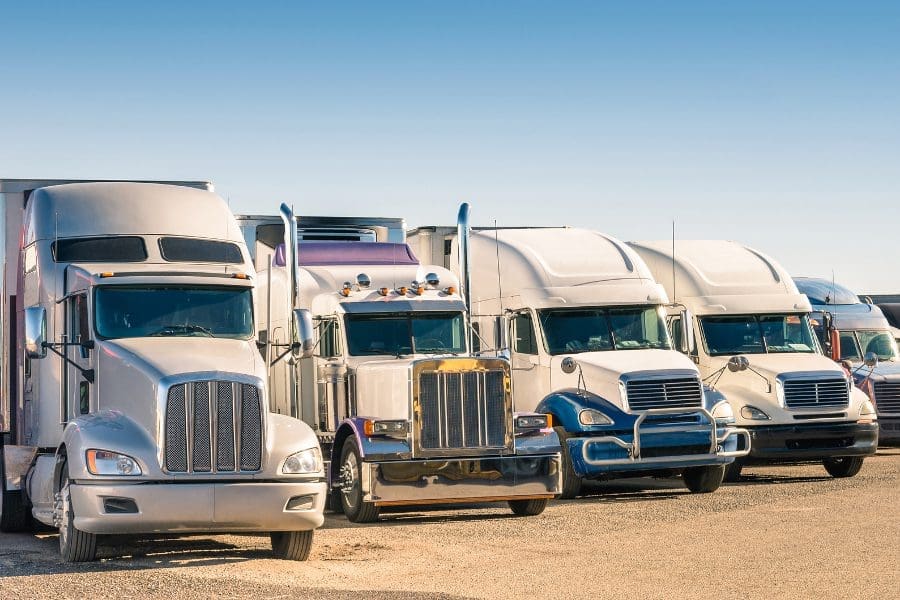
Mechanical failures due to poor maintenance, unstable or unsecured loads, truck driver fatigue, reckless driving practices, and other forms of negligence contribute to the 8 types of truck accidents. Summary The types of injury that a victim suffers will often depend on the type of truck accidents they’re in. There are actually several different ways […]
Call our personal injury law office directly at (727) 512-9847
At Jones Law Group in St. Petersburg, FL, we would like to hear from you. Contact us for a free personal injury case consultation.
Call our personal injury law office at (727) 512-9847
Get educated on the Florida's personal injury laws and more.
Mechanical failures due to poor maintenance, unstable or unsecured loads, truck driver fatigue, reckless driving practices, and other forms of negligence contribute to the 8 types of truck accidents.
Summary
The types of injury that a victim suffers will often depend on the type of truck accidents they’re in. There are actually several different ways this kind of collision occurs – you’ll learn about the eight most common types of truck accidents in this article.
The attorneys with the Jones Law Group have a great deal of experience with these kinds of cases. Not only do we know how to investigate them, we know how to deal with aggressive insurance companies and trucking operations.
Pursuing a truck accident claim can be complicated, especially if you are seeking compensation for multiple traumatic injuries. We’ll do everything we can to help you get the money you deserve. Contact us online or call (727) 571-1333 for a free consultation.
A rollover is one of the most devastating truck accidents, because when they happen, the truck demolishes everything in its path. If a driver is going too fast on a rainy road, or otherwise not driving according to the weather conditions, a rollover truck accident involving bad weather can easily occur.
However, a rollover can also happen if the cargo is negligently loaded. If that cargo shifts during transit, that can make the truck impossible to control. Additionally, if the cargo spills or breaks free of its restraints, that can cause a chain reaction.
Other motorists may swerve to avoid the falling cargo or overturned truck and end up colliding with each other. Semi-trucks transporting certain types of cargo, such as hazardous waste, can also be a safety threat in rollover truck accidents if their cargo is released.
A rear-end collision between two passenger vehicles is dangerous enough. When a truck slams into a vehicle, that can lead to a disaster. In some cases, the force of the impact is enough to eject a driver or passenger from their vehicle through the windshield.
Even when car occupants aren’t thrown from their vehicles, being rear-ended by a semi-truck can still inflict catastrophic injuries. Severe whiplash, coup-contrecoup brain injuries, and internal organ damage are commonly associated with the back-and-forth jerking sensation found in rear-end truck accidents.
Too often, these types of accidents are the fault of the truck driver. Truck drivers will often operate their vehicles in direct violation of federal regulations. They may, for instance, be distracted due to smartphone use, or they might even drive while impaired.
When they lose focus, they won’t be able to react quickly enough if the cars in front of them have to stop. The IIHS data analysis of truck accidents notes that trucks already need 20% to 40% more space than cars do to stop, so even a moment of distraction can have disastrous consequences.
Head-on collisions are one of the most devastating types of truck accidents and is oftentimes fatal. Trucks are so much larger than the typical vehicle, when they collide, the passenger vehicle always comes out second-best.
According to NSC data on truck accidents, 73% of truck accident fatalities were occupants of other vehicles. If the two collide head on at a high speed, a tragedy will almost be inevitable.
Unfortunately, high-speed head-on collisions are a real possibility, as truck drivers tend to spend most of their time on highways and interstates where speed limits are higher.
T-bone accidents get their name from the fact that the two vehicles involved form a “T” shape at the moment of impact. Generally, most T-bone accidents involving trucks occur at intersections, as do most T-bone accidents that only involve cars.
This could happen when a truck driver isn’t paying attention, and plows into the side of a car after running a stop sign or a red light. The truck driver can also cause a T-bone accident by making an improper turn across multiple lanes of traffic, causing the passenger car to slam into the side of the truck.
T-bone truck accidents can also happen at truck stops, where pedestrians and drivers alike are often distracted and truck drivers have less room to maneuver. Anyone on the side of the vehicle that is hit will almost assuredly suffer a severe injury – or even worse.
A sideswipe collision is somewhat similar to a T-bone collision. The difference between these types of truck accidents is that the truck and the car are moving in the same direction when they collide.
The main reason sideswipe accidents occur is that drivers fail to check their blind spot before trying to change lanes. If they’re distracted or impaired, however, they can drift into a lane and hit the side of a vehicle.
This is obviously an incredibly dangerous situation for a motorist. The car that’s sideswiped could be forced to move sideways, and move into other lanes of oncoming traffic.
The resulting multi-vehicle accident can result in several people being seriously hurt, or even killed. The truck could also crush the side-swiped car between itself and another vehicle, guardrail, or a wall.
An underride accident is also terrible, because it can shear off the top of a passenger car. If the impact is strong enough, the passenger vehicle may be crushed underneath the truck. Underride accidents happen when the smaller vehicle slams into the back of the truck, or the side of the rig.
Trucks are supposed to be outfitted with underride guards to prevent this kind of accident from occurring. However, in many instances, these guards are poorly made or improperly maintained. When they fail, the results can be horrific and more serious than typical car accident injuries.
Not only do the injuries tend to be severe or life-threatening in underride truck accidents, but the positioning of the vehicle can make it challenging for emergency first responders to extract trapped passenger vehicle occupants.
Consequently, this can delay medical intervention and result in poorer outcomes for injured accident victims.
Truckers have to use extreme caution when turning – especially when there is traffic nearby. They will sometimes have to swing the cab far to the left in order to make a right-hand turn. This can obviously be incredibly risky, because the cab can slam into other vehicles. In some cases, a vehicle can even become caught underneath the truck.
Drivers need to have a great deal of skill in order to make this maneuver safely. Unfortunately, there’s a severe shortage of qualified truck drivers. But deliveries still need to be made, and deadlines still have to be met.
As a result, trucking companies will often hire people who have no business being behind the wheel of an 80,000-pound machine. When they do, and that driver causes a wreck, the trucking company could be held liable.
These types of truck accidents take place when the cab and the trailer meet at an angle that is similar to an open jackknife. When a driver tries to make an improper turn, or slams on the brakes, they can cause a truck accident.
In either instance, a jackknife accident will often cause the driver to lose complete control, and the truck will destroy any passenger car in the way. Speeding, particularly on wet or icy roads, can increase the likelihood of a jackknife truck accident.
Additionally, jackknife accidents can lead to multi-car pile-ups, as they typically block multiple lanes of traffic. Drivers may be unable to maneuver around the jackknifed truck because they didn’t have enough time or space to react. Consequently, they may collide with the stalled truck, or each other.
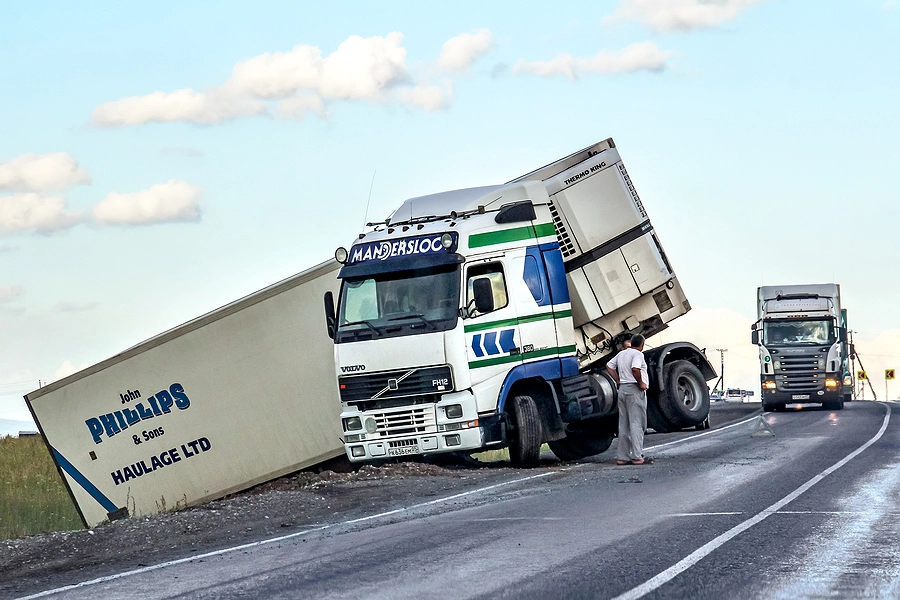
Truck accidents don’t just lead to catastrophic injuries, they also lead to incredibly high expenses. Some people get so worried about their medical bills, they will make the common truck accident claim mistake of settling long before they even know the extent of their injuries.
Oftentimes, the true cost of a truck accident injury goes far beyond medical bills. Florida accident victims can also seek compensation for truck accident damages like:
If you’ve suffered an injury in an accident caused by a negligent truck driver, trucking company or some other entity, you need to get in touch with a Florida truck attorney as fast as you can.
The earlier you do so, the earlier your legal representative can investigate the wreck. Then, they can gather the evidence needed to help you obtain maximum compensation.
Jones Law Group has a team of skilled truck accident attorneys serving Madeira Beach, St. Petersburg, Largo, and the Tampa Bay area. Our team strives to provide the best possible legal representation informed by our many years handling truck accident claims.
We have have the experience, resources and knowledge to help you obtain every penny you deserve. If you’ve been seriously hurt in one of the above types of truck accidents, we will work to determine all liable parties, and help you obtain full and fair compensation.
At Jones Law Group, we take pride in helping injured clients in crisis reclaim their lives with the financial compensation they deserve. Please don’t hesitate to give us a call at (727) 571-1333. You can also use our online contact form if you would like to schedule a free evaluation of your case.

What are some examples of personal injury incidents? A personal injury accident occurs when someone is injured because of another person’s negligence. For example, in a slip and fall accident, someone may forget to clean up a spill. If someone slipped because of the mess, the party who forgot to clean it up acted negligently […]

New Technology May Soon be Available to Police The ComSonics company is close to production on a hand held device that police will be able to use to determine whether you are texting while driving.[1] ComSonics is a small company that already has a strong relationship with law enforcement as it currently manufactures, repairs and […]
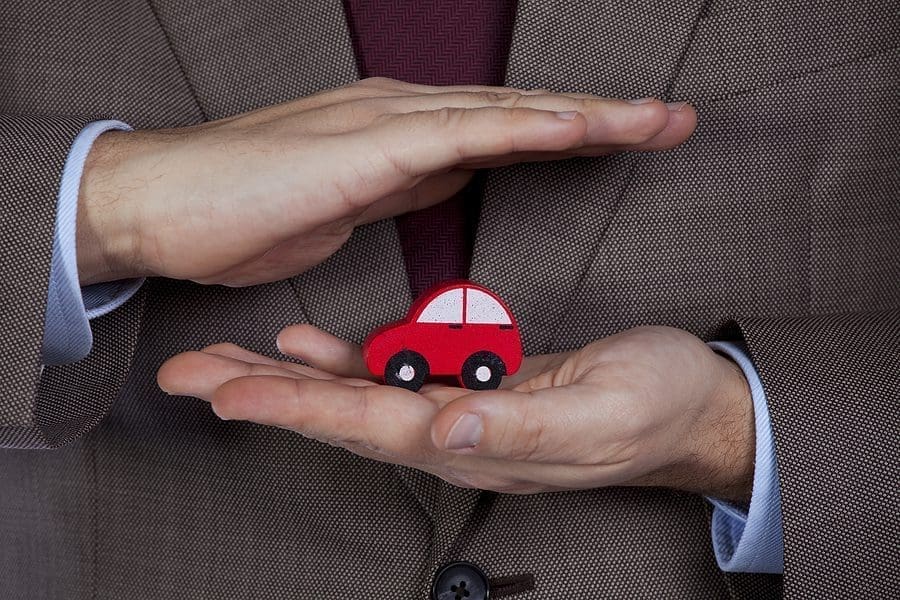
The average Floridian spends over $1,900 per year for auto insurance, including no-fault coverage. Like many drivers, you probably took a close look at what you were paying for when you first signed up for insurance. However, you may not have given it much thought afterward. It doesn’t hurt to refresh your knowledge about the […]

There’s more to a personal injury case than compensation for tangible losses, such as the cost of medical treatment and the money a victim loses because they can’t work. There are also losses that don’t lend themselves to easy calculation. For example, a victim can’t produce receipts to show how much pain and suffering they’ve […]
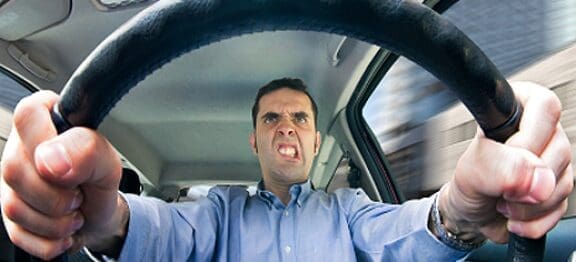
What is Aggressive Driving? Did you know Florida has an aggressive driving statute?[1] Aggressive driving is defined as driving while committing any two of the following offenses: 1. Exceeding the posted speed limit;2. Improperly or unsafely changing lanes;3. Tailgating;4. Failure to yield the right of way;5. Improper or dangerous passing; or6. Failure to obey traffic […]
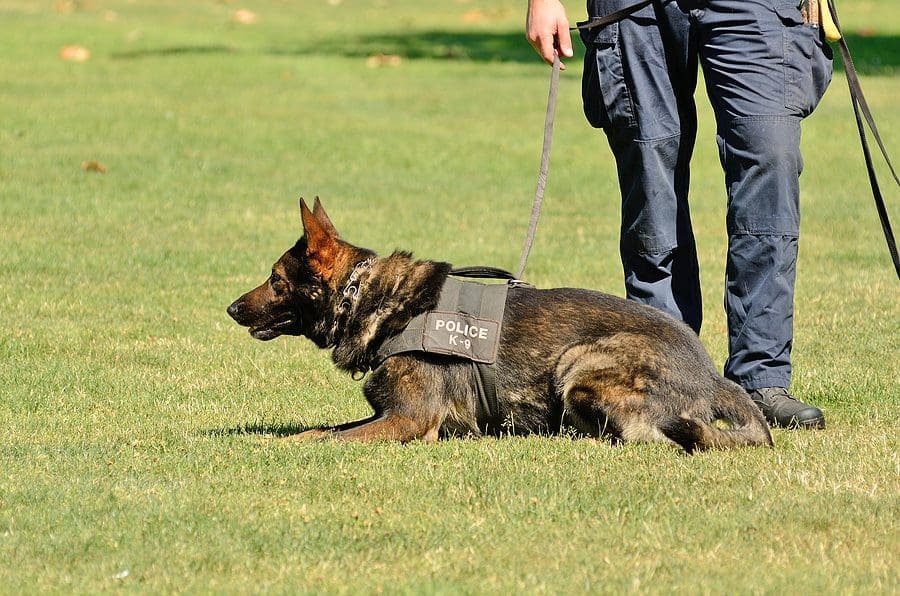
Update – Pinellas County Sheriff’s Department CAN BE SUED in Negligence for Dog Bite by Sheriff’s K-9 Every year, around 4.5 million people are bitten by dogs in the United States. Attacks by dogs can be unpredictable; they can be unprovoked and can range from minor injuries to the death of the victim. Florida’s dog […]
Speak with us before time runs out! In Florida, you have a limited window to file a personal injury case, so speak to an Attorney today.
Call our personal injury law office directly at (727) 512-9847
Jones Law Group is a dedicated personal injury lawyer in St. Petersburg, FL, serving the Tampa Bay area since 2006. Our experienced attorneys specialize in car accidents, slip and fall cases, employment law disputes, construction law issues, and overtime wage claims, fighting for maximum compensation on a contingency fee basis. Contact us for a free consultation to discuss your case.
Call our personal injury law office at (727) 512-9847
© Copyright 2006–2025 Jones Law Group Attorneys at Law. All rights reserved. Privacy Policy Terms of Use
Attorney Advertising.
The information on this website is for general information purposes only. Nothing on this site should be taken as legal advice for any individual case or situation. This information is not intended to create, and receipt or viewing does not constitute, an attorney-client relationship. Past results do not guarantee similar outcomes.
Are you injured or wronged and interested in a consultation? Fill out the form for a free consultation with us.